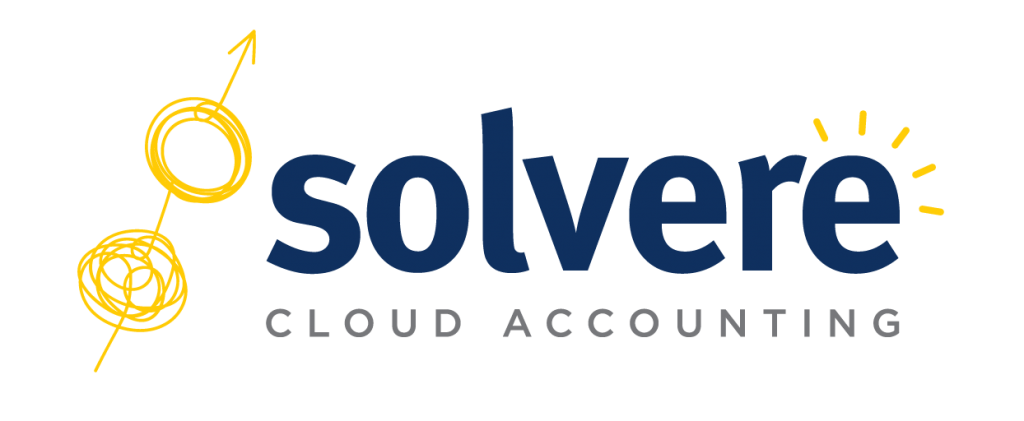Businesses need to pay and report super electronically to ensure it meets SuperStream requirements.
Super guarantee payments must be made to complying super funds or retirement savings accounts (RSAs) by the quarterly due dates to avoid the super guarantee charge. These due dates, known as the super guarantee due dates, are 28 days after the end of each quarter (see the table below).
You make super contributions for eligible employees calculated from the day they start employment with you. Contributions are only considered as ‘paid’ on the date they are received by the super fund. This means you may need to allow extra time for the payments to be received, which is especially relevant if you use commercial clearing houses.
Here’s a summary of the quarterly superannuation payment due dates in Australia
Quarterly Superannuation Payment Due Dates
| Quarter | Period | Payment Due Date |
| Q1 | 1 July – 30 September | 28 October |
| Q2 | 1 October – 31 December | 28 January |
| Q3 | 1 January – 31 March | 28 April |
| Q4 | 1 April – 30 June | 28 July |
Key Points to Remember:
- Timeliness: Super payments must be received by the employee’s super fund by the due date to avoid the Super Guarantee Charge (SGC).
- SGC Penalties: Late payments require lodging an SGC statement and paying the SGC. These late payments are not tax-deductible.
- Weekends/Public Holidays: If a due date falls on a weekend or public holiday, payment must be received on the next business day.
- Clearing Houses:
- Using a clearing house can delay payment receipt by the fund.
- Payment is only counted when the fund receives it, not when the clearing house does.
- Exception: The ATO Small Business Superannuation Clearing House considers the payment date as when it’s received by the clearing house.
Additional Considerations:
Always check your contractual obligations to ensure full compliance.
You can choose to make payments more frequently (e.g., monthly or fortnightly), as long as total contributions are made by the quarterly deadline.
Some awards, contracts or super fund rules may require more frequent payments than quarterly.
If you have any questions on superannuation, please don’t hesitate to contact the Solvere team here.


